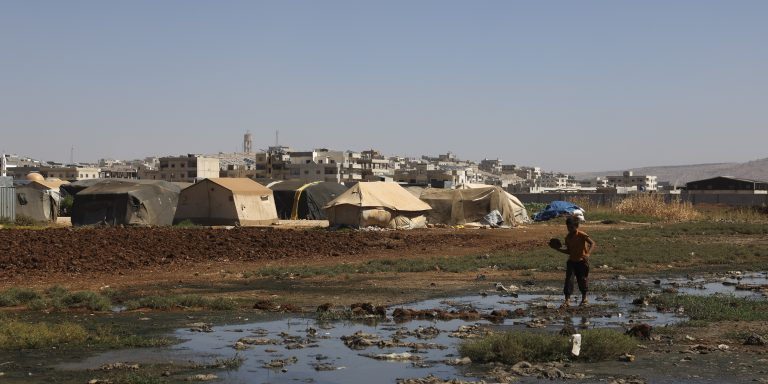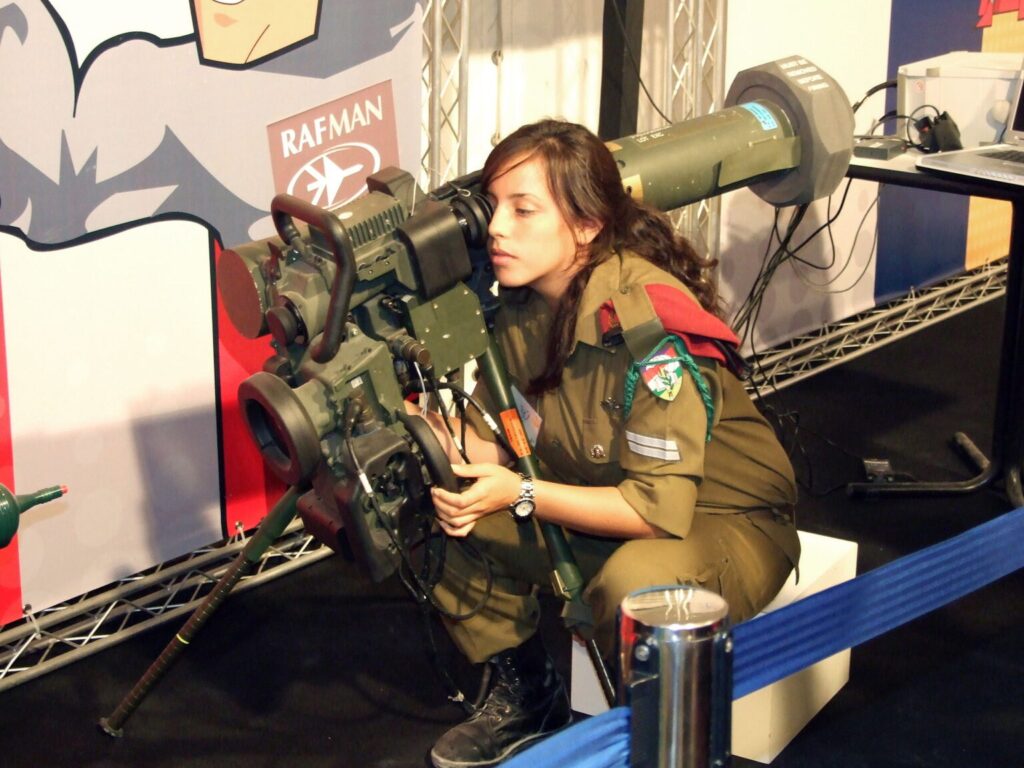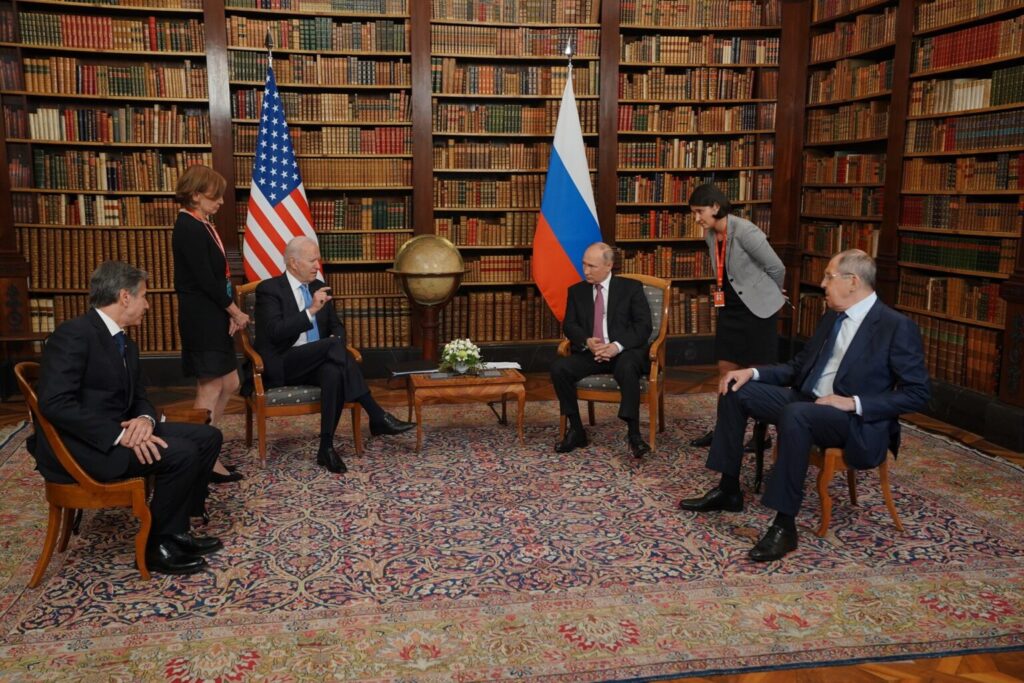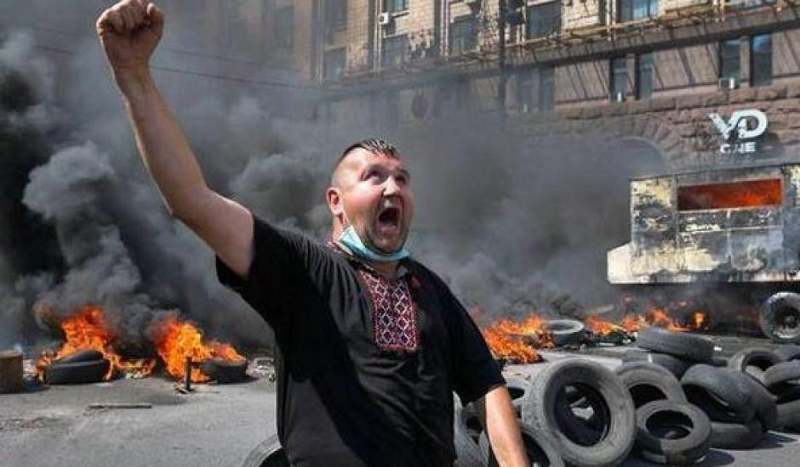More Than $3 Billion in Additional Security Assistance for Ukraine
Today, the Department of Defense (DoD) announces the Biden Administration’s commitment of $3.075 billion in additional security assistance for Ukraine. This includes the authorization of a Presidential Drawdown of security assistance valued at up to $2.85 billion to meet Ukraine’s critical security and defense needs, as well as the Department of State’s announcement of $225 million in Foreign Military Financing to contribute to the long-term capacity and modernization of Ukraine’s military.








